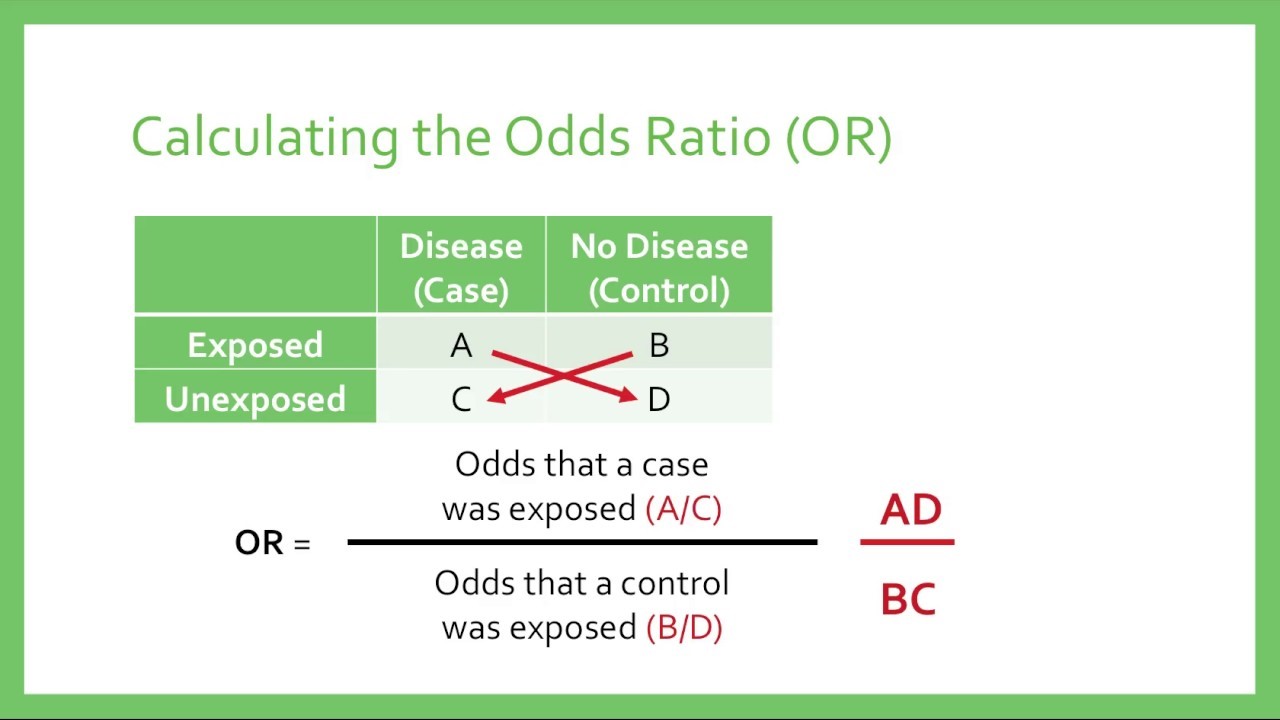The Economics of Betting
In the world of sports betting, behind the excitement and thrill lies a complex interplay of economic principles that govern the dynamics of the industry. From the calculation of odds to the concept of margins and the intricate workings of supply and demand, understanding the economics of betting is crucial for both bettors and operators alike.
4rabet is a leading online sports betting platform renowned for its user-friendly interface, diverse sports markets, and innovative features. With a commitment to providing a seamless and enjoyable betting experience, 4rabet offers a wide array of sports markets covering popular sports like football, basketball, tennis, as well as niche offerings such as eSports and virtual sports. The platform’s intuitive interface allows users to navigate effortlessly and access a myriad of betting options with ease. Moreover, 4rabet incorporates cutting-edge features such as live betting, cash-out options, and in-depth statistics, enhancing the excitement and engagement for users. Committed to promoting responsible gambling, 4rabet also provides tools and resources to support users in making informed decisions and fostering a safe and responsible betting environment. Overall, 4rabet stands as a reliable and trusted destination for sports enthusiasts seeking excitement and entertainment in the world of online betting.
Calculation of Odds
At the heart of sports betting are the odds, which represent the likelihood of a particular outcome occurring. Odds are calculated based on a combination of factors, including the probability of an event happening and the potential payout to bettors. Bookmakers use sophisticated algorithms and statistical models to determine odds, taking into account factors such as historical data, team performance, and expert analysis. By accurately assessing the probability of different outcomes, bookmakers can set competitive odds that attract bettors while ensuring profitability for the operator.
Concept of Margins
Margins play a pivotal role in the economics of betting, representing the built-in advantage that bookmakers have over bettors. When setting odds, bookmakers incorporate a margin into the calculations to ensure a profit margin regardless of the outcome of an event. This margin, also known as the overround or vigorish, is typically expressed as a percentage and represents the bookmaker’s profit. Understanding margins is essential for bettors, as it allows them to assess the value of a bet and make informed decisions based on potential returns relative to the risk involved.
Market Dynamics
The dynamics of the betting market are influenced by a myriad of factors, including supply and demand dynamics, market sentiment, and external events. Like any market, the betting market is subject to fluctuations based on the balance of supply and demand for different outcomes. For example, if a significant number of bettors wager on a particular team to win, the odds for that outcome may shorten, reflecting the increased demand. Conversely, if there is limited interest in a particular outcome, the odds may lengthen, providing an opportunity for astute bettors to capitalize on favorable odds.
Conclusion: the economics of betting provides valuable insights into the underlying principles that govern the sports betting industry. From the calculation of odds to the concept of margins and the dynamics of supply and demand, understanding these economic fundamentals is essential for bettors seeking to make informed decisions and operators striving to maintain profitability. By gaining a deeper understanding of the economics of betting, stakeholders can navigate the complexities of the industry more effectively, ultimately contributing to a more vibrant and sustainable betting ecosystem.
FAQs
1. How are odds calculated in sports betting?
Odds in sports betting are calculated based on various factors, including the probability of an event occurring and the potential payout to bettors. Bookmakers use sophisticated algorithms and statistical models, considering factors such as historical data, team performance, and expert analysis, to determine odds that attract bettors while ensuring profitability.
2. What is the concept of margins in sports betting?
Margins represent the built-in advantage that bookmakers have over bettors in sports betting. Bookmakers incorporate a margin into the odds calculation to ensure profitability regardless of the outcome of an event. This margin, also known as the overround or vigorish, is typically expressed as a percentage and reflects the bookmaker’s profit.
3. How do market dynamics influence sports betting outcomes?
Market dynamics in sports betting are influenced by factors such as supply and demand dynamics, market sentiment, and external events. Fluctuations in the betting market occur based on the balance of supply and demand for different outcomes. Understanding market dynamics is essential for bettors to assess value and make informed betting decisions.

